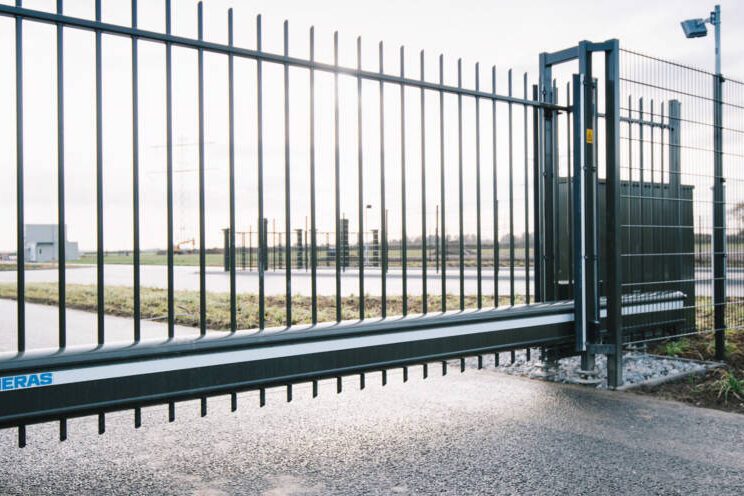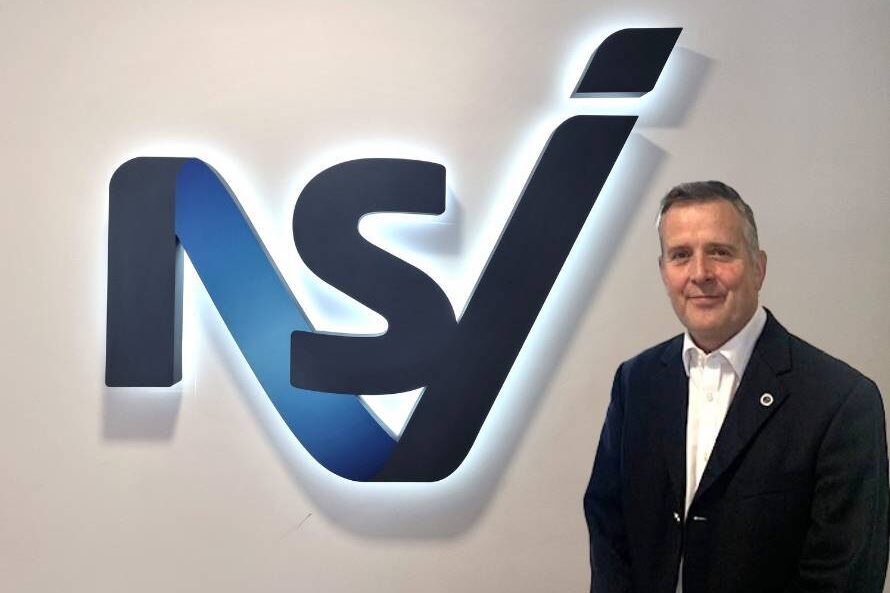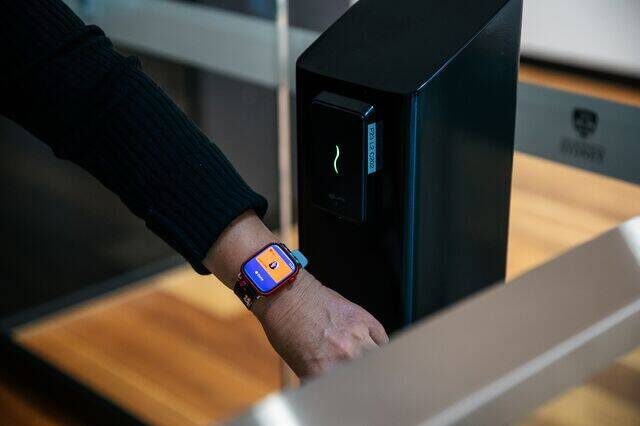The UAE has made a stand on data protection in healthcare, but what other risks do healthcare facilities face?
Hospitals have always been seen as bastions of safety in the public eye but in the last few years attitudes towards public protection have become increasingly important. As such, new and more rigorous security measures are being undertaken by healthcare facilities to ensure the safety of its patients, staff and visitors from more internal and external threats – both microbial and criminal.
With Europe leading the charge on data privacy and protection in the form of the General Data Protection Regulation (GDPR) and the latest draft of the EU e-Privacy Regulation, the feeling in the Middle East in recent times is that it would be a positive move for Gulf nations to introduce specific local data protection and privacy regulations. The UAE Free Zones, such as the Dubai International Financial Centre, Abu Dhabi General Market and Dubai Healthcare City, do have specific data protection regimes in place that are largely modelled on, and inspired by, the privacy and data protection principles and guidelines contained in the 1995 Data Protection Directive and 1980 OECD Guidelines on the Protection of Privacy and Trans-border Flows of Personal Data. What has been noticeably absent in the UAE to date however, has been a specific federal data protection law – until now.
In February 2019, the President of the UAE issued Federal Law No 2 of 2019 (Health Data Law) which regulates the use of information technology and communications (ITC) in the healthcare sector. This is the first piece of federal legislation in the UAE that directly addresses data protection principles. The law introduces familiar data protection concepts such as purpose limitation, accuracy, security measures and consent to disclosure, similar to the GDPR.
Data vulnerability is a huge threat to the healthcare sector, but what other physical risks do hospitals and healthcare facilities face?
These buildings regularly accommodate some of the most emotionally and physically vulnerable people and so it is paramount that these individuals feel as secure as they possibly can. Healthcare facilities and especially hospitals are very intricate affairs with a myriad of independent departments and systems that all must work in tandem to ensure smooth operation for everyone; any small fault could prove devastating and perhaps even life-threatening in serious cases.
As such, there are many things that need additional protection beyond just the physical wellbeing of patients. Visitors and staff also need to feel secure, as well as their sensitive data. Background checks are essential in the hiring process to ensure only people of amicable character are taken on with a desire to help others.
To read the whole article, please see our Q2 issue here.
Media contact
Rebecca Morpeth Spayne,
Editor, Security Portfolio
Tel: +44 (0) 1622 823 922
Email: editor@securitybuyer.com









